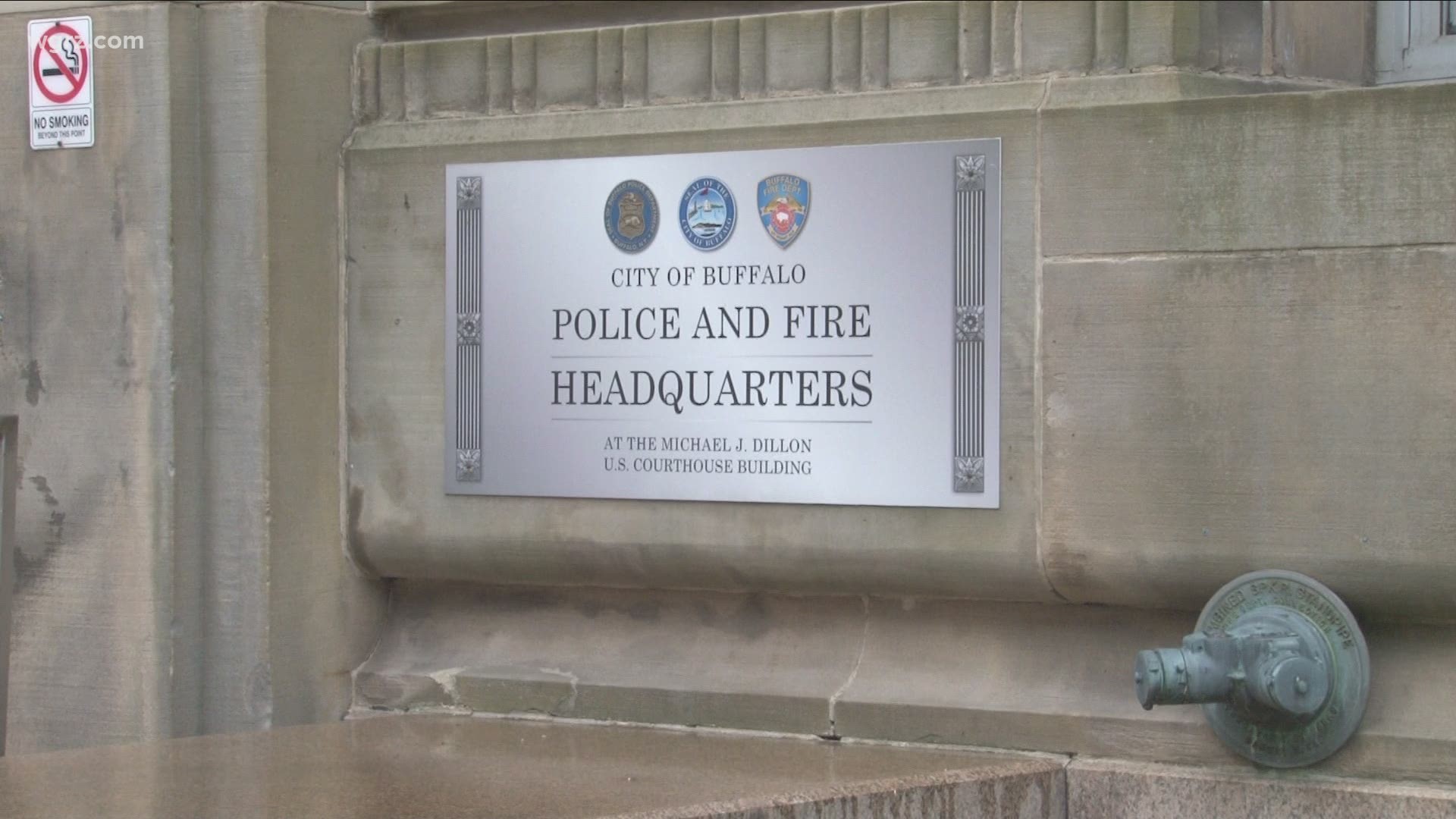BUFFALO, N.Y. — As we mark one year since George Floyd’s death, the focus for community activists and policy makers locally is to make sure what happened to George Floyd does not happen in Western New York.
"There is not one African American man on the East Side of Buffalo that’s not a George Floyd that situation can happen to any of us," said Stevo Johnson, a community organizer.
As many reflect on the death of George Floyd and the events over the past year, community organizers we spoke to are looking around their neighborhoods to see what’s changed.
"There’s been some good things that have happened, but as I always say it’s a little not a lot and not enough," said Orlando Dickson, a civic educator for the Partnership for the Public Good.
The Partnership for the Public Good salutes city officials for passing Cariol’s Law, named after former Buffalo Police officer Cariol Horne.
The law requires police officers to intervene in situations when they believe another officer is using excessive force. But creating true oversight is something the organization says is still lacking.
"Installing an independent civilian police oversight board, which probably should be the number one priority," Dickson said.
Last summer, Johnson organized a Black Lives Matter protest on Hertel Avenue.
He’s focused on issues deeper than just police reform and believe more education is needed, particularly on the city’s East Side.
"More GED programs in the city, so people can change their mind set, it starts with the mindset," Johnson said. "I think there should be some accountability on how to deal with mental health crisis because we have a lot of people out here that have various issues."
Buffalo Mayor Byron Brown says progress has been made using a police behavioral health team.
"Since we started that unit in October of last year, have responded hundreds of times and have diverted over 800 people from the criminal justice system through that response, through the Buffalo Police Department Behavioral Health team," Brown said.
There have been other reforms at the city level, a ban on no-knock search warrants and the issuing of stop receipts so people know at the very least what they were stopped for.
"We’ve made many reforms in the City of Buffalo to policing, we’ve spoken broadly about ending systemic racism and things that can be done and its critically important for all of us to realize that this work is continuing," Brown said.
From action in Albany, police disciplinary records are now more accessible and police say that has caused public records requests to explode.
"We’ve heard from police brass where they’ve said we have a backup there’s thousands of requests and it’s hard for us to fulfill the requests because things have to be redacted," Dickson said.
Johnson says one thing he’s noticed over the past year -- more people stepping up.
"Being born and raised in Buffalo I’ve never seen people step up to this level and now they’re stepping up to this level to the point where they’re not backing down," Johnson said.
Police reform advocates continue to circulate petitions for a referendum to create a police review board.

